The creation a monetary policy committee between the Reserve Bank of India (RBI) and the government, as part of a new framework, to jointly decide the desired inflation target, is historic on several accounts.
For one, it elevates the Indian central bank to the club of some of its peers in developed economies, which follow a similar policy
Secondly, it also assures the much-needed autonomy for the central bank to operate the monetary policy to achieve the decided inflation target. The apex bank’s rate decisions cannot be questioned or blamed by the government officials, as has been the case in the past.
Thirdly, the RBI can thus regain the lost credibility of monetary policy, a charge levelled against it by the government’s chief economic advisor in the government’s mid-year economic analysis. Both the government and the RBI are equally accountable for the outcome of the inflation targeting policy.
Also, such an agreement would logically put pressure on the government to pay more attention to critical factors that influence inflation such as supply constraints, fiscal slippages and movement of cross-border capital flows that influence the local exchange rate market.The RBI-government bonding for inflation fight can, thus, change things for better.
The new monetary policy committee (MPC), which will set the inflation target from now on, will have eight members, including a finance ministry nominee and external members. RBI governor will head the panel.
But, the final contours of the monetary policy committee, especially whether the RBI governor, who will head the committee, will have the veto power in the MPC remains unclear. According to reports , it is yet to be decided.
If there is no veto power, the RBI governor would be among the many voices in the MPC. If the majority members of the committee agree on an inflation target, to which the RBI doesn’t have an agreement, effectively the central bank would be forced to guide the policy in a direction which isn’t convincing to itself.
That would put the RBI in a difficult situation and its actions will then lack conviction. In the past, RBI governors have mostly gone against the majority opinion of experts. This is evident from the working of the technical advisory committee (TAC) of the RBI that advises the governor on the desired rate action.
The TAC minutes, which the RBI began publishing in 2010, shows that most of the times, the governor chose to act against the recommendations of the TAC to achieve its objective of killing inflation. Often, there were demands for pauses and rate cuts to support growth even when inflation stayed high.
Today, the RBI is globally lauded for its rate actions that worked in favour of the central bank to win its tough battle against inflation. It is arguable that what would have been the inflation scenario, if the governor obliged to the TAC’s recommendations.
The real test for the new framework will come when inflation begins to rise, according to some economists.
Until the time inflation remain below 6 percent, as is the case now, the joint monetary policy framework wouldn’t face any major challenge to arrive at a consensus. The RBI doesn’t have to raise rates and can even cut rates in a falling inflation scenario.
A 4 percent target in 2016-17 doesn’t look ambitious so long as the factors that helped the RBI to kill inflation — lower crude prices, stable currency and not-so-bad farm output — prevail. In such a scenario, it isn’t difficult to arrive at a commonly agreed inflation target.
But what if crude begins to spike and translate into domestic fuel prices, farm output disappoints going ahead and demand side pressures resurrect on account of rising rural income levels. Inflation can well shoot up then.
It would be anybody’s guess how much support the RBI will get from the government nominees in the MPC or, for that matter, the external members to hike rates to contain the inflation situation, even though the government has promised support.
Going by the past experience, the government has mostly been sceptical on the RBI’s reasons for not slashing interest rates even when inflation has stayed much above the central bank’s comfort zone. Growth has always outweighed the government’s priority list over inflation.
That’s the question what economists also ask. “Right now conditions are favourable with low inflation and there is less of a quandary. But if oil shoots up or crop fails, then what happens?,” asks Madan Sabnavis, chief economist at Care rating.
That’s when the new policy framework will face its first big test.


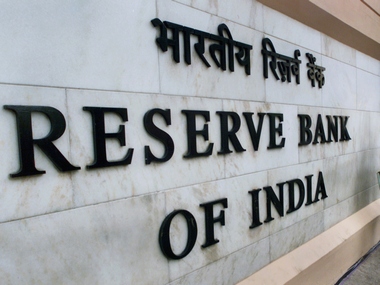)




)
)
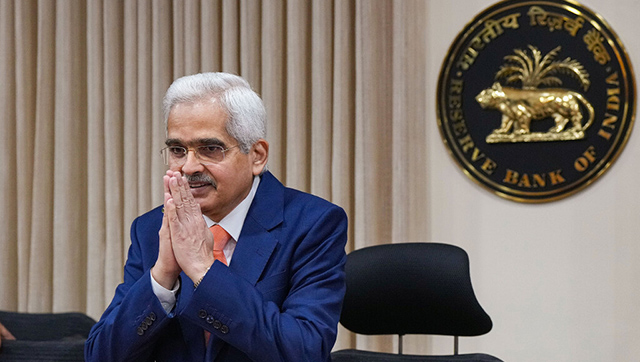)
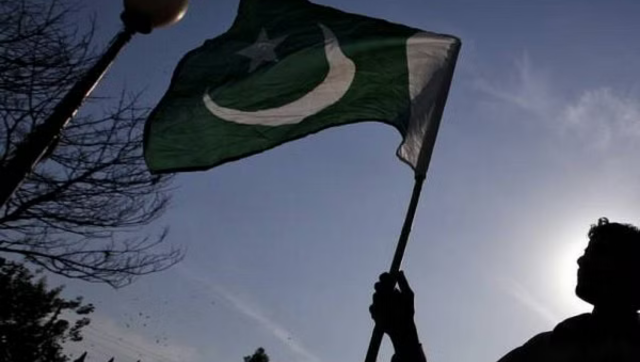)
)
)
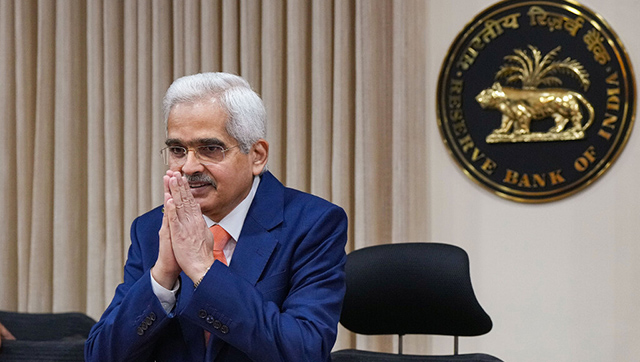)
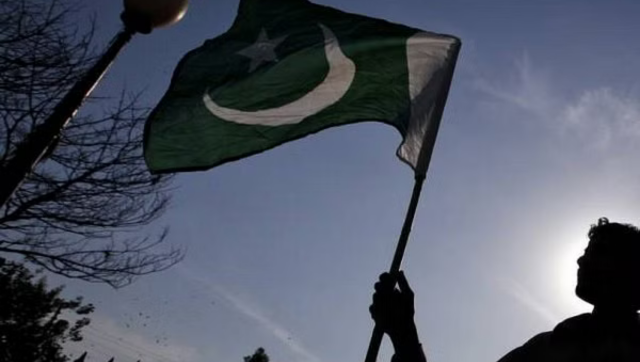)